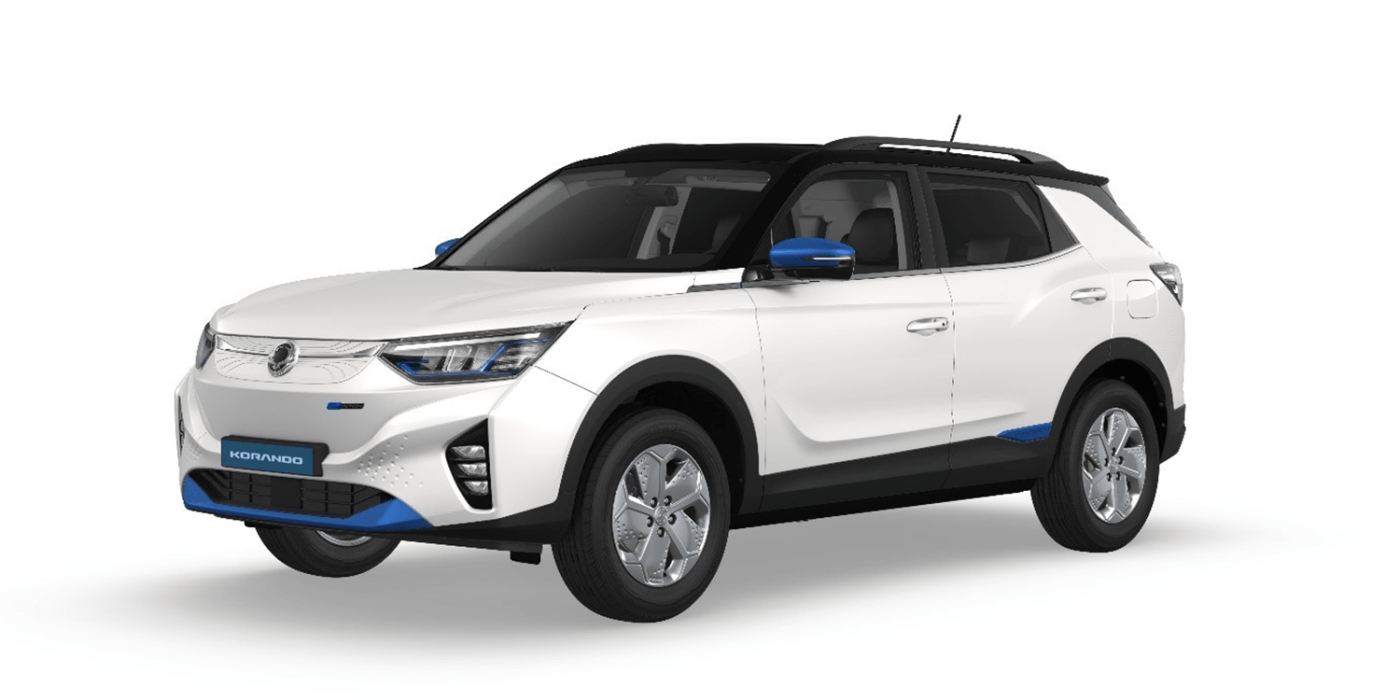Ssangyong finds buyer, commits to e-mobility restructuring
The South Korean car manufacturer Ssangyong has gone through a restructuring process and has now apparently found a buyer. According to media reports, the potential new owners want to turn Ssangyong into a carmaker focused on electric vehicles within three to five years.
++ This article has been updated. Kindly continue reading below. ++
Ssangyong has been majority-owned by the Indian Mahindra Group since 2011. Last year, reports of impending insolvency began to accumulate. After Mahindra was unable to find a buyer, Ssangyong was placed in receivership in April. In June, the bidding process began, in which a consortium around the South Korean electric bus manufacturer Edison Motors emerged as the preferred buyer – although other interested parties reportedly offered more.
At a press conference in Seoul, Kang Young-kwon, chairman of Edison Motors, now stated that he would transform Ssangyong into a “carmaker focused on electric vehicles” in three to five years. However, a pure electric manufacturer is probably not yet planned. First, however, the consortium has to officially take over Ssangyong; a possible purchase price of up to 1.5 trillion won (about 1.1 billion euros) is mentioned. As the Yonhap News Agency writes, it is “generally expected” that the insolvency court will approve the proposal.
Kang stated at the press conference that Ssangyong could produce up to 300,000 vehicles on three lines at its Pyeongtaek plant. Production of existing models is to be restarted first. This includes the BEV model Korando e-Motion, which has only been built since summer – but also hybrids and pure petrol models.
Currently, assembly lines 1 and 3 are only used in single-shift operation, while line 2 has been idle since the Chairman sedan and Turismo SUV were discontinued in 2019. Edison now plans to produce 200,000 to 300,000 internal combustion cars, 100,000 to 200,000 electric cars and up to 50,000 hybrids. Given Ssangyong’s sales figures to date, these are ambitious targets. From January to the end of September, Ssangyong sold only 61,854 cars.
However, internal combustion engines are not expected to make up the bulk of production for long. According to Kang’s announcement, ten new EV models are to be introduced as early as 2022. By 2025, there are to be 20 EVs, and by 2030 30 electric vehicle models. Edison can, however, draw on the preparatory work done under Mahindra’s leadership; already at the start of production of the Korando e-Motion, a separate electric SUV was announced for 2022.
Update 05 November 2021
The announced takeover of carmaker Ssangyong by electric bus manufacturer Edison Motors has now been contractually sealed and given the nod by the relevant bankruptcy court. Edison Motors will now begin a two-week due diligence process on SsangYong, including a review of its debts and assets.
Edison Motors already wired 15.5 billion won (approx. $13,065,394,850) as a deposit, or 5 per cent of its proposed acquisition price of 310 billion won, to SsangYong Motor’s account last Tuesday. Edison Motors will also have to come up with around 1.62 trillion won to cover 700 billion won (about $674,342,936,000) in SsangYong Motor’s overdue payments as well as 800 billion won owed to the carmaker’s main creditor, the Korea Development Bank (KDB).
Update 29 March 2022
The takeover of SsangYong by the electric bus manufacturer Edison Motors, which was supposed to transform the South Korean brand into a carmaker focused on electric vehicles, has fallen through. According to SsangYong, the investment agreement concluded with Edison Motors on a merger has now been cancelled. The reason: Edison had not fulfilled its payment obligations due until 25 March 2022.
SsangYong is now looking for a new investor and will present a corresponding restructuring plan within the legal deadline. However, thanks to the restructuring, the starting position is better than it was a year ago. According to the company, this also includes progress with its own e-models. With the Korando e-Motion, the brand’s first electric vehicle has already been launched in Germany and Europe, followed in the second half of 2023 by the U100 – the electric version of the J100 – another electric vehicle model, which also incorporates know-how from BYD.
“Such an improvement in business conditions will increase future enterprise value and thus attract more competitive investors,” says court-appointed administrator Young-won Jung. “We are striving for a takeover in the shortest possible time, not only to allay the concerns of our partners, but also to lay a solid foundation for the company’s long-term growth.”
yna.co.kr, autonews.com, koreatimes.co.kr, newsdirectory3.com (both update), ssangyong-presse.de (update II in German)





0 Comments